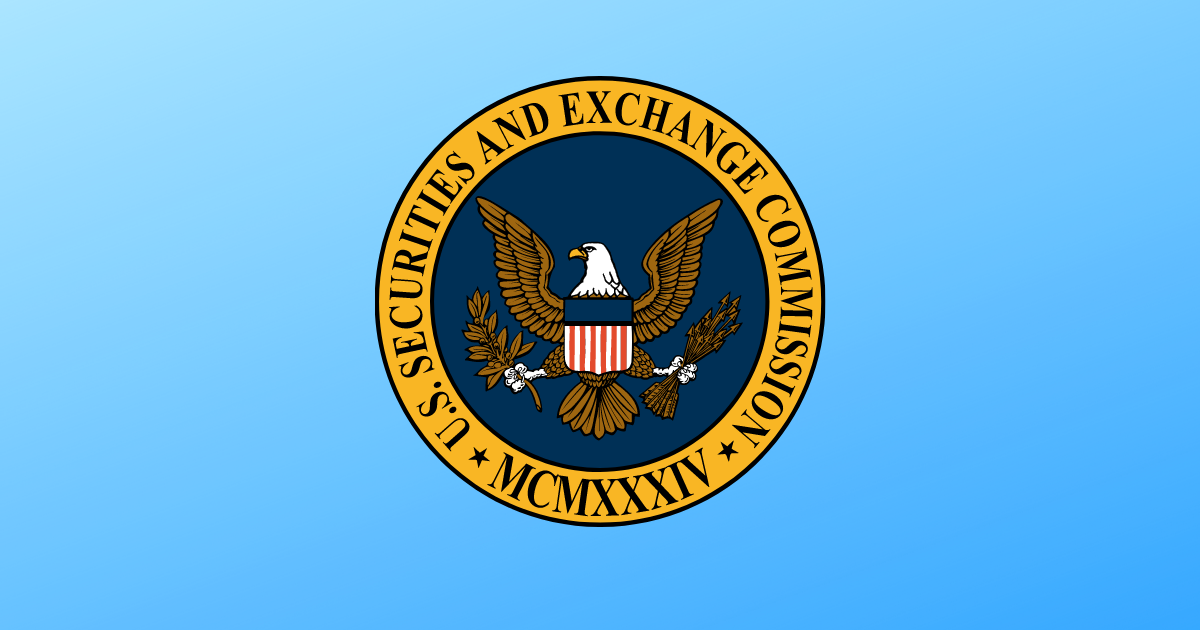ALF Argues That SEC In-House Enforcement Proceedings Deprive Defendants of Due Process
In SEC v. Jarkesy, No. 22-859, the Supreme Court has agreed to review a Fifth Circuit opinion holding that Securities and Exchange Commission “in-house” civil administrative enforcement proceedings are unconstitutional on three grounds: (i) they deprive respondents (i.e., defendants) of their Seventh Amendment right to a trial by jury; (ii) Congress unconstitutionally delegated legislative power to the […]
ALF Argues That SEC In-House Enforcement Proceedings Deprive Defendants of Due Process Read More »










